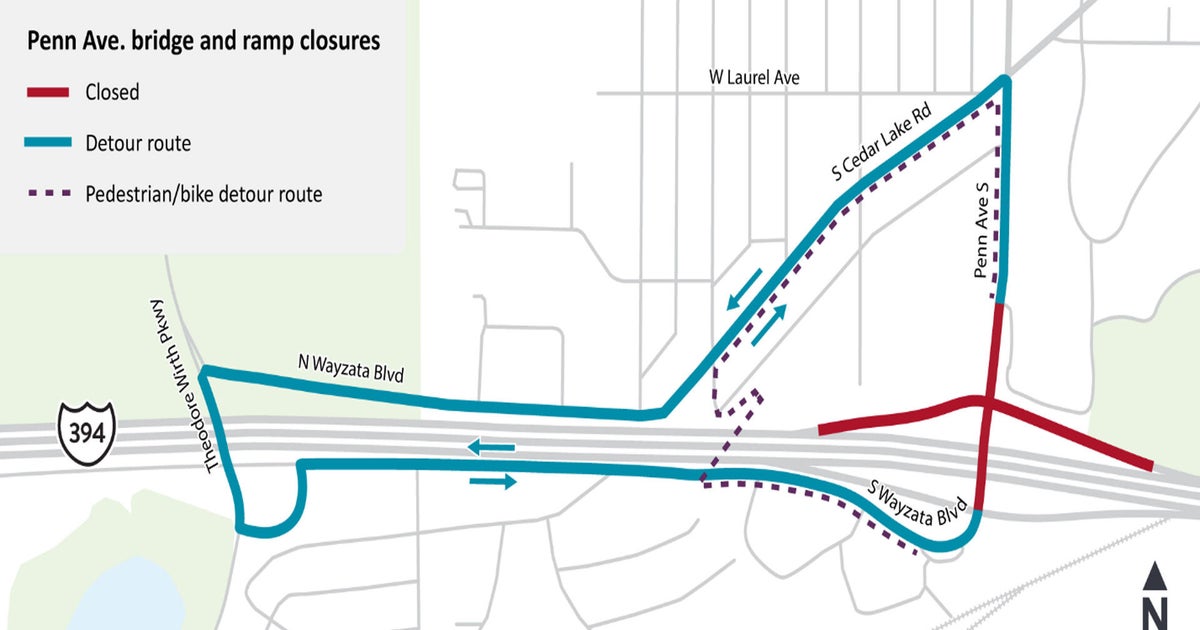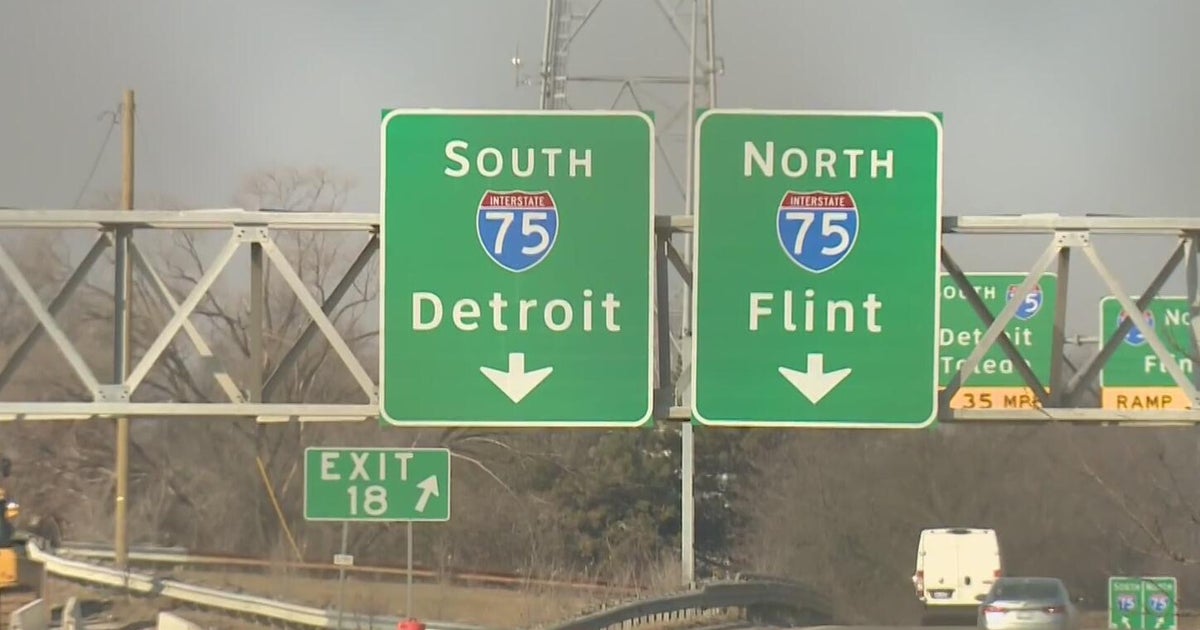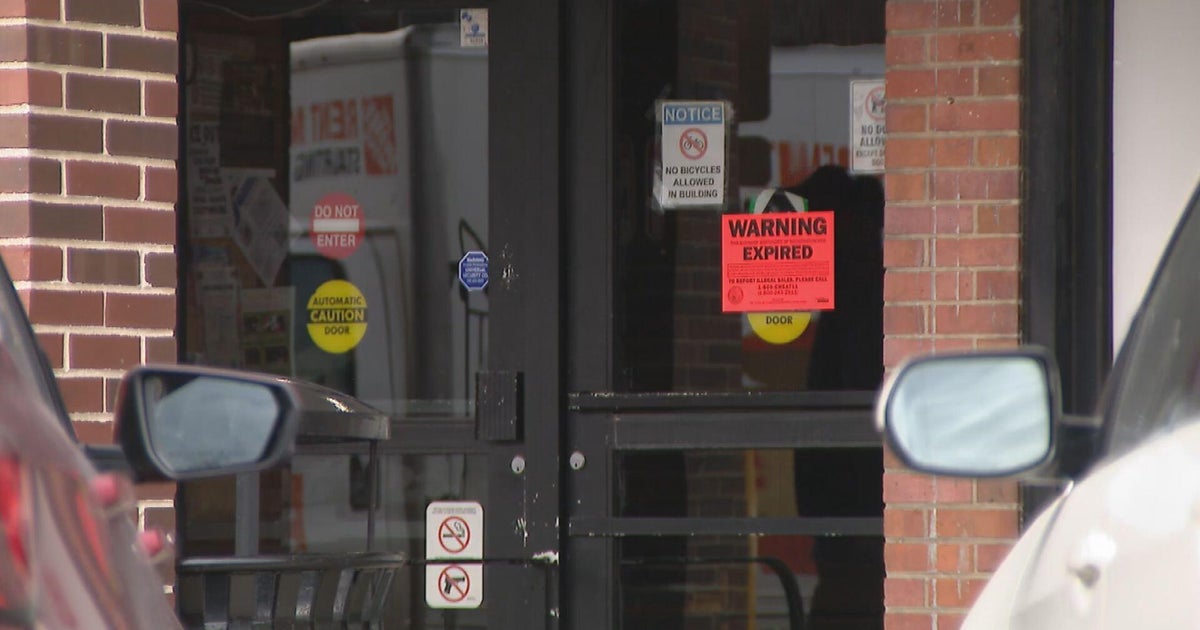Point Reyes weekend beach closures extended to protect snowy plovers
PT. REYES NATIONAL SEASHORE – Closures for stretch of beach along the Point Reyes National Seashore will continue through early September to protect snowy plovers during nesting season, park officials said.
The birds resemble brown-and-white Peeps mounted on two toothpicks. They've been known to nest in human footprints.
The beach closure is to protect the nests of a threatened western snowy plover, one of a billion birds with delightfully ridiculous names. The beach at the Point Reyes National Seashore was already closed this past holiday weekend. That closure has been extended to every weekend and federal holiday through Sept. 5.
The birds are scarce, but it's not uncommon to see one. They have fat white bodies with dark wings and skinny little legs, hence the comparison to Peeps on toothpicks.
Considering that snowy plovers are described by at least one dictionary as "short-billed gregarious wading birds," one might think they would welcome all and any companionship, being so gregarious and all. But no. For some odd reason, scores of beachgoers, dogs, giant red Igloo Island Breeze coolers, rapidly scurrying children and other flotsam and jetsam tend to be disruptive to the nests.
Ergo, the closure of the beach area between the North Beach parking lot and the mouth of Abbotts Lagoon on weekends through Sept. 5.
The idea is to help the moms and dads of this threatened species to raise their chicks unmolested.
Actually, it's misleading to attribute the upbringing of the chicks to both the moms and dads. While both parents incubate the eggs for about a month, after that, mom flies the coop. Or, to be more exact, she takes leave of the open depression in the sand where she laid her eggs.
Once the eggs hatch, "the female finds another free male to start another nest, leaving the male solely responsible to raise the chicks," the National Park Service says.
Typically, the dad tends to the young for another 28 days until the chicks are fledged, according to the park service.
And that's a lot of responsibility trying to keep the species going. There are only about 2,500 western snowy plovers along the Pacific Coast at present, according to the U.S. Fish and Wildlife Service.
Despite the challenges, agency officials seem optimistic about the survival of the plover.
In a page on the National Park Service website dedicated to Point Reyes, officials noted, "The efforts of the National Park Service, state parks, and other land management agencies, combined with your active cooperation, can make a difference in the survival of the western snowy plover along the seashore."
More information on efforts to protect the bird at Point Reyes National Seashore can be found at the National Park Service website.








